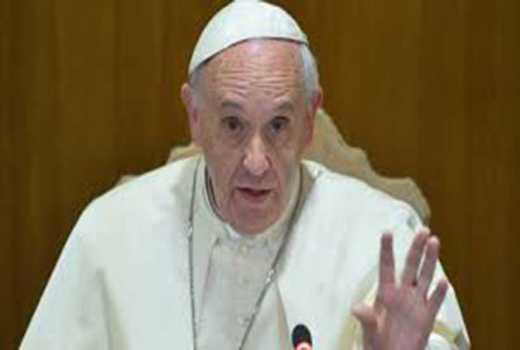×
The Standard e-Paper
Home To Bold Columnists

Christianity may be going through serious self-searching for two reasons. First, it is suffering from a proliferation of competing denominations, sects, and cults in their thousands.
Each claims to be the true interpreter of the meaning of Jesus and what he stood for. Second, is the questioning of some long held beliefs in Euro-Christianity that is associated with Pope Francis, the head of over 1.2 billion Catholics?